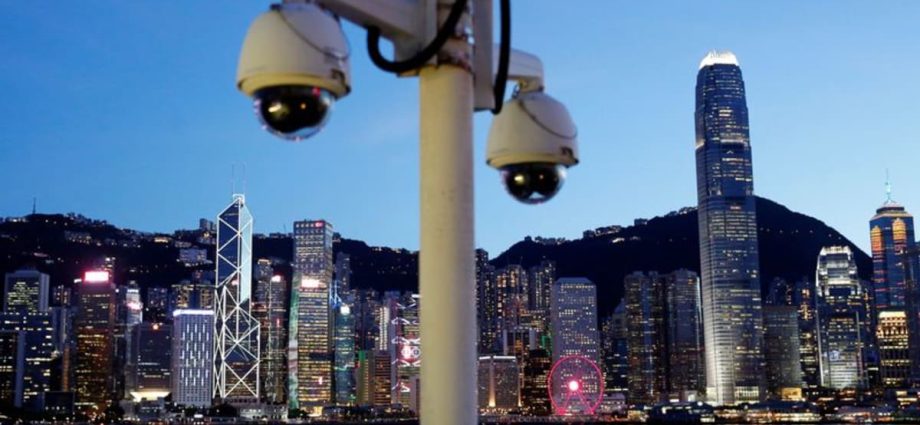
Hong Kong authorities, however, say the new law is necessary as “threats posed by external forces and local terrorism remain”, adding that national security is the “fundamental prerequisite for the survival and development of a state”.
The government also said Article 23 would give “full and prudent consideration” to the United Nations’ International Covenant on Civil & Political Rights (ICCPR)”.
A previous attempt to enact Article 23 in 2003 was shelved after an estimated 500,000 people protested against it. This time, there have been no large-scale protests and most public submissions so far support the legislation.
Authorities have proposed harsher penalties for “seditious intention” and “possession of seditious publication”, an addition some lawyers say is concerning, as many journalists, activists and media outlets in recent years have been charged with sedition before being jailed or shut down.
“The United Nations Committee of human rights experts already concluded in 2022 that the sedition provisions should be repealed and Hong Kong should refrain from using them to suppress the expression of critical and dissenting opinions,” said Mark Daley, a Hong Kong based human rights lawyer.
The Hong Kong Journalists Association (HKJA) said in its submission that “sedition should be abolished”, adding the scope and definition of what constitute “state secrets” was very broad and vague, especially in relation to newly added categories that include economic and social development.
The Law Society of Hong Kong, in a submission, also suggested the government consider adding a “public interest” defence to the offence of leaking state secrets, and to clarify what might constitute state secrets, including commercial secrets.
“Commercial sector requires certainty in the business environment it is operating in,” it wrote.

